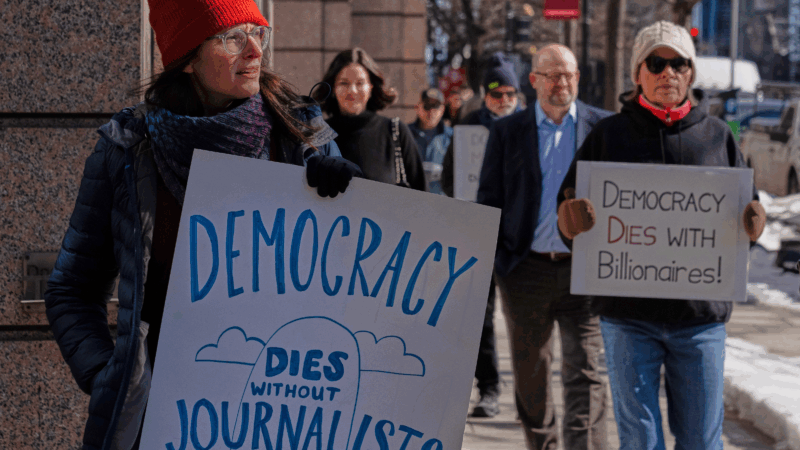Report: Alabama Community Corrections Harms Low-Income Participants
A recent report from the Southern Poverty Law Center says Alabama’s community corrections program unfairly burdens low-income people and threatens public safety. Community corrections, operating in 51 of Alabama’s 67 counties, is overseen by the state Department of Corrections, but run locally. It’s designed to be an alternative to prison.
The report’s main criticism is that community corrections relies on fees as a primary revenue source. These include fees for drug testing, supervision or electronic monitoring.
“This finding is very troubling because essentially it puts these programs in a very compromised role,” SPLC attorney Ivy Wang says. “They’re trying to supervise people and make sure that they succeed but also looking at these same people as sources of revenue. And we see that as inherently a conflict of interest.”
The Department of Corrections does not have uniform guidelines on fees, so the cost to participants varies widely from county to county.
The report also likens work release to indentured servitude. Wang says work release participants are usually living in a facility where they are monitored and can’t leave, as opposed to their homes. Often, a significant part of their pay goes to the program.
“Also they’re working under the threat of incarceration if they’re seen as not complying. So these just create conditions that are ripe for exploitation,” Wang says.
Wang argues fees put public safety at risk. She says survey data shows some people commit crimes, such as steal or sell drugs, to have money to pay fees ordered by the judicial system. She adds the program is intended to help prepare people to find work and support themselves after their sentences are through. But the current system hampers that. “You’re putting people under pressure to pay. They might be taking money away from necessities that they would otherwise have spent it on,” Wang says.
She says even though community corrections is legally authorized to supervise those convicted of a crime, many places use it to oversee those who have not yet been convicted. “[This] completely upends the presumption of innocence,” Wang says.
Wang says while they agree with the aim of community corrections as an alternative to prison time, it needs more support.
“The major solution we think is to fully fund these programs, which we think is something that the legislature seriously needs to look at,” says Wang.
The Southern Poverty Law Center is a program sponsor of WBHM, but the news and business departments operate independently.
Photo by Michael Coghlan
For many U.S. Olympic athletes, Italy feels like home turf
Many spent their careers training on the mountains they'll be competing on at the Winter Games. Lindsey Vonn wanted to stage a comeback on these slopes and Jessie Diggins won her first World Cup there.
Immigrant whose skull was broken in 8 places during ICE arrest says beating was unprovoked
Alberto Castañeda Mondragón was hospitalized with eight skull fractures and five life-threatening brain hemorrhages. Officers claimed he ran into a wall, but medical staff doubted that account.
Pentagon says it’s cutting ties with ‘woke’ Harvard, ending military training
Amid an ongoing standoff between Harvard and the White House, the Defense Department said it plans to cut ties with the Ivy League — ending military training, fellowships and certificate programs.
‘Washington Post’ CEO resigns after going AWOL during massive job cuts
Washington Post chief executive and publisher Will Lewis has resigned just days after the newspaper announced massive layoffs.
In this Icelandic drama, a couple quietly drifts apart
Icelandic director Hlynur Pálmason weaves scenes of quiet domestic life against the backdrop of an arresting landscape in his newest film.
After the Fall: How Olympic figure skaters soar after stumbling on the ice
Olympic figure skating is often seems to take athletes to the very edge of perfection, but even the greatest stumble and fall. How do they pull themselves together again on the biggest world stage? Toughness, poise and practice.






